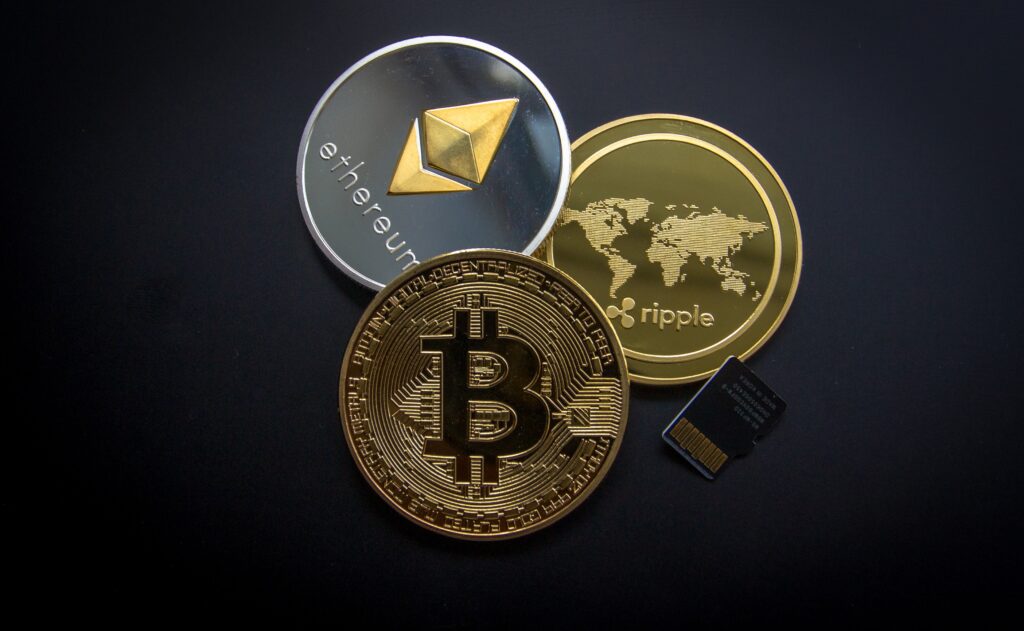
Bitcoin: Currency from the Crypt?
January 25, 2021
Language is hopelessly imprecise but often fun to play with. Ask any lawyer. There are countless phrases that don’t make sense if you think about it. The Consolidated Appropriations Act of 2020, for example, is 5,593 pages long. I’m not sure what “consolidated” means in this context, but I have a pretty good feel for what “appropriation” means.
Sometimes the words themselves seem to be confused about what they mean. Take “cleave” for example. I am lucky to have a wonderful wife. We are cleaved together, you might say. Yet I might grab a cleaver if I want to split up a whole chicken or separate some pork ribs. Cleave can bind together or it can split apart, depending on the context.
Even something as simple as “on” or “off” can be confusing. Is the alarm on? Think about it. How do you know when the alarm is on? What happens when the alarm goes off? And what should you do if someone asks you to turn up the air conditioner? Do they want it to be cooler, or do they want it to be warmer?
Which brings me to a phrase that seems to be on everyone’s lips these days: Cryptocurrency. This one is particularly sketchy due to the use of the term “currency”. What is currency? Years ago, when I was studying finance in grad school, it was fashionable to think of currency as legal tender, or a medium of exchange, or maybe even a store of value. In the morning, I might fold currency in my pocket for safe keeping. In the evening, I might unfold it in exchange for a burger and fries at Manual’s Tavern, where we would gather to debate the hot topics of the day. There was something comforting about counting my currency and knowing it was accepted and easily convertible to goods and services almost anywhere. It was a simpler time. No one spoke of negative interest rates, or quantitative easing, or cryptocurrencies. None of these things had entered the lexicon.
If it were possible to reconvene at Manual’s Tavern, you can be sure I would be pounding the table against any use of the phrase ‘crypto currency’. It is not legal tender, I might say. You can’t buy groceries with it. How can you say it is a store of value when its price fluctuates wildly over time? In 2017, for example, bitcoin went from under $800 to over $19,000. The following year it declined by more than 83%. That sounds more like “speculative frenzy” than “store of value”. Why can’t we just call it Crypto Virtual Tokens or CVTs for short? Then we can more accurately discuss the “value” of CVTs in our virtual wallets.
And if the price action goes against us, we can always distract ourselves by talking about “postal service” or “jumbo shrimp” or any number of other oxymorons circulating at the time.
Mike Masters

